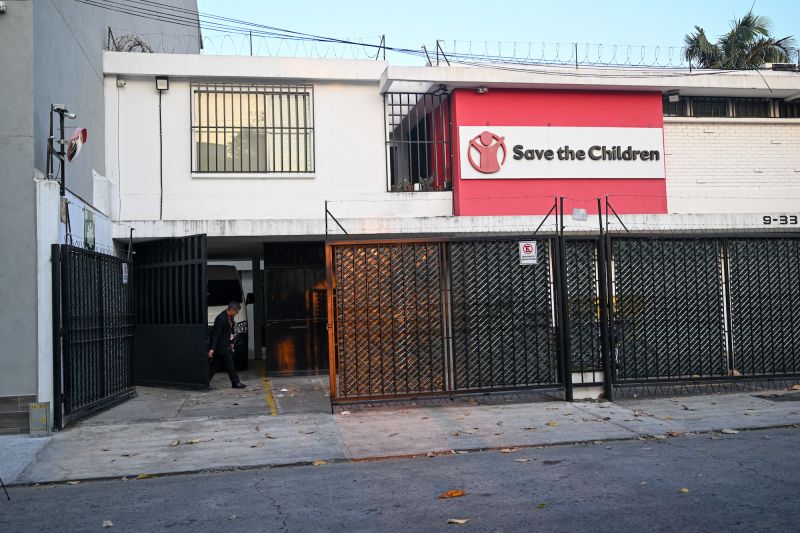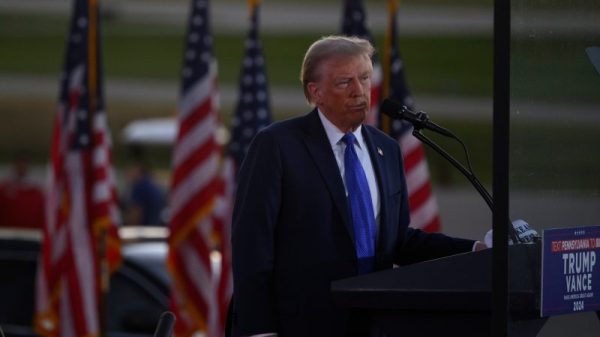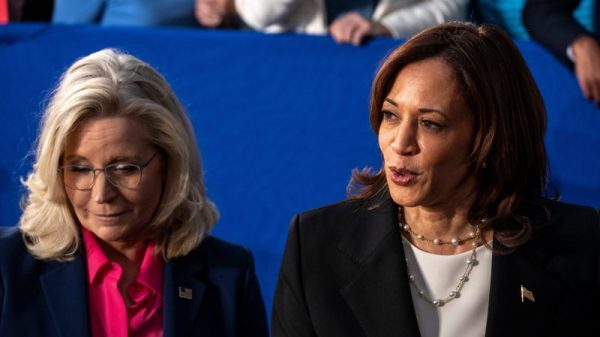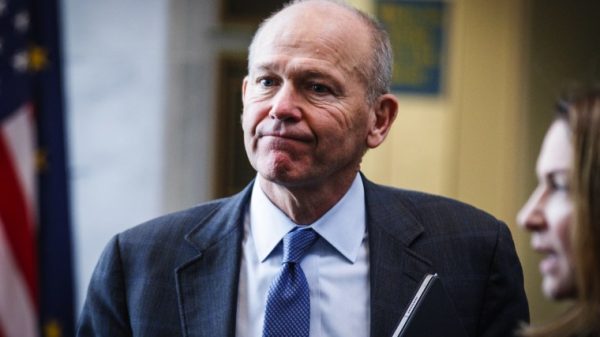 South Africa’s journey to democracy has been both triumphant and challenging. Turning 30 this year, the country has seen significant progress in some areas, but also faces several threats. The peaceful transition from apartheid to a multi-racial democracy in 1994 was a monumental achievement. Political and civil rights have been vastly improved, access to basic services has increased, and a moderate degree of economic stability has been achieved.
South Africa’s journey to democracy has been both triumphant and challenging. Turning 30 this year, the country has seen significant progress in some areas, but also faces several threats. The peaceful transition from apartheid to a multi-racial democracy in 1994 was a monumental achievement. Political and civil rights have been vastly improved, access to basic services has increased, and a moderate degree of economic stability has been achieved.
However, the “silent crisis” referred to, is likely to be the growing economic inequality and corruption that has plagued the nation. Despite advances in poverty reduction and racial equality, South Africa still reports some of the highest levels of income inequality globally. Unemployment is high, especially among young people, leading to increased levels of crime and social unrest.
Furthermore, corruption remains a salient issue, with numerous scandals implicating high-level government officials and business leaders. This has eroded public trust and undermined governance efforts.
On this anniversary, it becomes vital for South Africa not only to celebrate its hard-fought gains but also to confront and address these pressing issues that threaten to undermine its achievements. This includes improving public institutions, fighting corruption, and implementing effective, inclusive economic policies to bolster job growth and decrease inequality.





























